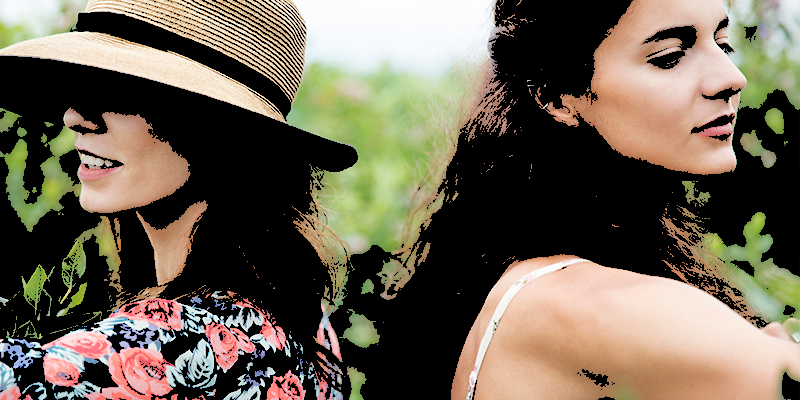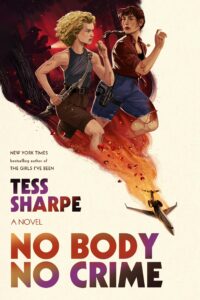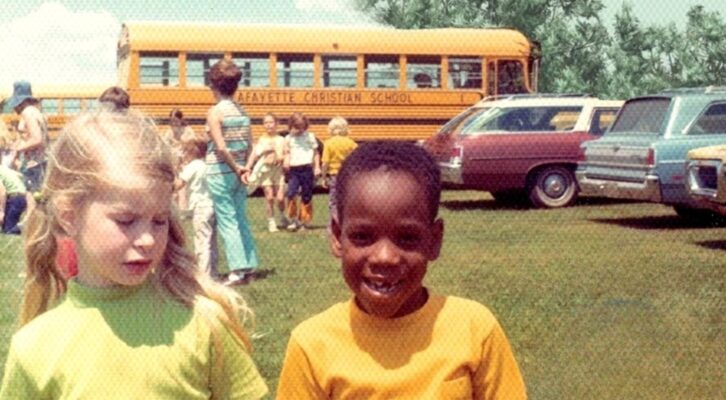Secrets are the core of the mystery and thriller genres. People kill to prevent them from getting out, die when they get revealed, will do anything to keep them to themselves. Secrets—and when to reveal them—are the key to pacing and those gasp-out-loud twists that keep us returning to the genres time and time again.
There’s something about rural small towns that breeds secrecy. Under the veneer of country idyll and Main Street quaintness lies layers of different realities: the crime—both petty and life-shattering—the vices, the joys, the tribulations. Every small town has a double life…and so do many of the people within it.
Is it any wonder that the small town mystery and thriller is such a tentpole of the genre? It’s the perfect set-up: small town safety shattered by one of their own…but who? Crime in closed, small communities means neighbor suspects neighbor, people turn against each other, and the veneer is stripped away to show us we are all human, no matter where we come from. We are capable of brutality, judgment, hate, love, resilience and doing anything to survive. The parallels to wilderness and nature itself are inescapable.
In a city, anonymity can be a given. In a small town, the idea you might run into someone you know is ever-present. Anyone could break your alibi. In a city, the killer can fade into a crowd, into a sea of faces, the bustle on the street. The sheer numbers of crime can overwhelm an already broken and racist system. Crime slips through city cracks. But in a small town, fictionally at least, it’s harder to get away.
As a rural crime writer, I have always been drawn to the duality that exists in the sub-genre of the small town thriller. The characters it creates within that secrecy and what happens when you chip the charming surface to show the truth—ugly or beautiful—underneath. The problems it presents logistically, emotionally and criminally. The questions that arise: who are you when your secrets are exposed? How do you react? How do others? When a true self emerges to the people who think they knew you better than anyone? That age old trope of the he/she was such a nice boy/girl neighbor interview after a horrific event. The phrase that just doesn’t happen here is parroted. But it does. It has. It will again. We just don’t like to think about it, steeped in Americana spirit and county-fair wholesomeness. We idealize small towns and the life of them and their people in fiction. But in small town mystery and thriller, we break free of that ideal. We recognize that sinister things lurk, not just small town thinking and hate, but that idea of: do we really ever know anyone?
In a small town, people think they know you. They are almost always wrong. We all present certain fronts to the world, tucking away secret selves like treasure, whether it be shiny or ill-gotten.
There is something inherently mysterious about the wilderness and choosing to live within it or alongside it but something contradictory as well. Many of us choose to live this way for the privacy and solitary way of life. But the isolation is paired with the fact that out here, you’ve got to rely on your neighbors and community in certain situations. That reliance can be life or death…and even more so when you turn it into fiction. It requires trust and sometimes trust is earned and sometimes it’s manufactured. When one of the community’s secrets are exposed, the wildness of survival and the brutality of community can come home to roost, in good ways and in bad.
As a writer who focuses mainly on queer women as main characters, rural secrecy and mystery hooks me because of how much the demands of the sub-genre has in common with rural queerness, especially the dual life we sometimes find ourselves leading with disapproving or unknowing family, at work, in our personal community and in our public one, the secrets of self and life that are often necessary to keep tucked away and the deep thread of community building that exists so deeply in many of our lives. The core understanding, that we often keep secrets for survival, is still prevalent in many parts of queer life, especially queer rural life. And I am always writing about women or girls surviving by any means necessary.
On a craft level, writing rural queer women involved in crime—either as the victim or the perpetrator, or in the case of No Body No Crime, my latest novel, as both—and the secrets they can carry from even their nearest and dearest adds a kind of emotional and physical tension that brings me back for more each time. Queerness—and the sometimes duality of it in rural life—also can lead you to the most interesting plot points or solutions.
In No Body No Crime, our main characters Mel and Chloe have gotten away with murder (at a sweet sixteen party, no less) simply because they’re not in each other’s social group. They’re not girl friends, they’re girlfriends and no one’s the wiser—and therefore no one suspects them. Ranch Princess and Mayor’s Daughter Chloe’s need to hide her sexuality ends up protecting both of them when the boy they killed turns up missing. Chloe’s hidden sexuality acts as a shield, but her other secrets come back to bite her 6 years later when PI Mel is tasked with tracking an off-grid Chloe down by her parents. Chloe’s the one who got away—and now Mel is coming for her and for answers to why Chloe left without a word all those years ago.
Sometimes secrets protect, sometimes they condemn. As a rural thriller writer, getting to explore both in the same book was a special treat.
***


















